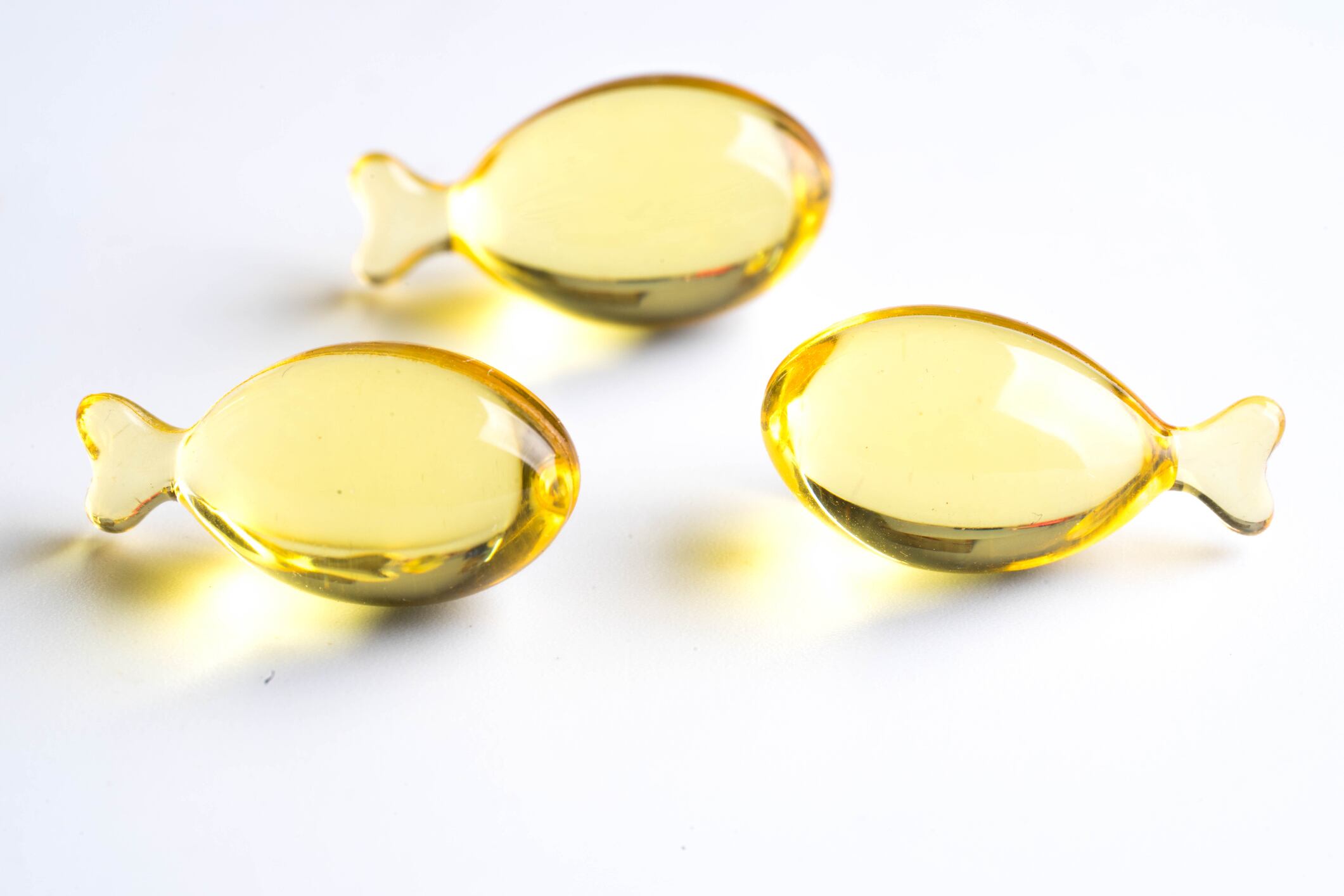Data published in Gut Microbes indicated that six weeks of supplementation with 500 mg of omega-3 (providing 165 mg of EPA and 110 mg DHA) led to significant increases in Coprococcus spp. and Bacteroides spp, while decreases were also observed for Collinsella spp., which is associated with fatty-liver.
“In this study, we report small, consistent changes in the human intestinal microbiome associated with 6-weeks of supplementation with 500 mg of omega-3 FA and we compare them to changes seen with inulin fiber supplementation for the same length of time,” wrote the researchers.
“There were significant changes in the levels of bacterial fermentation products following a 6-week intervention with omega-3 supplementation and the overall effects were comparable to inulin fiber supplementation supporting the role of omega-3 as a potential prebiotic.”
Definition
The International Scientific Association for Probiotics and Prebiotics (ISAPP) updated the definition of “prebiotics” in 2017 to be: “A substrate that is selectively utilized by host microorganisms conferring a health benefit” (Nature Reviews Gastroenterology & Hepatology)
The ISAPP experts discussed what kind of compounds can be considered a prebiotic, with the currently established prebiotics being carbohydrate-based (inulin, FOS, GOS, XOS etc). However, substances like polyphenols, conjugated fatty acids derived from polyunsaturated fatty acids (PUFAs), and human milk oligosaccharides (HMOs), may also be considered candidates for prebiotics, if supported by the appropriate science.
The lead author on the 2017 ISAPP expert consensus was Glenn Gibson, Professor of Food Microbiology and head of Food Microbial Sciences at the University of Reading in the UK. Prof Gibson also originally co-coined the term prebiotic in 1995 with Marcel Roberfroid. Commenting on the new paper, Prof Gibson told NutraIngredients-USA: “This is a very well conducted and reported study carried out by a highly regarded research group.
“The ISAPP prebiotic consensus a few years ago stated that new versions were needed that were not necessarily confined to non-digestible oligosaccharides and that target microbes other than the traditional bifidobacteria and lactobacilli should be included in the concept. It is therefore very positive to see both being achieved here.
“Importantly, the authors have backed up their important observations in a human study that also looked at health biomarkers. This kind of trial makes an important contribution to the field and takes us forward in terms of expanding the prebiotic concept.”
Study details
The London-based researchers enrolled 69 people from the TwinsUK registry and randomly assigned to receive either omega-3 supplements (500 mg per day) or inulin supplements (20 grams per day) for six weeks.
Results showed that, as expected, the inulin supplementation led to large increases in Bifidobacterium and Lachnospiraceae. However, the omega-3 group displayed significant increases in Coprococcus spp. and Bacteroides spp. A 2018 study by Watson et al. (Gut; Vol. 67, No. 11, pp. 1974–1983) found similar increases for Coprococcus spp. using a 4 grams per day dose of omega-3s. Watson et al. also reported that Bifidobacterium abundance increased, but this was not observed in the study, which may indicate a dose-dependent effect.
A negative association was found between Coprococcus and triglyceride-rich lipoproteins, including VLDL and VLDL-TG, said the researchers
“The current findings suggest that the cardiovascular benefits of omega 3 supplementation may be mediated by the gut microbiome, however this requires further investigations along with the potential differences of Coprococcus effects on health among obese and non-obese individuals,” they said.
Significant decreases in abundance of the genus Collinsella were also found by the research team. This genus has been reported to be increased three-fold in people with non-alcohol fatty liver disease.
“Given that NAFLD is known to be a risk factor for both insulin resistance and cardiometabolic disease this suggests an important potential microbiome pathway by which omega-3 has a positive effect on health,” they said.
Similar results were observed between the omega-3 and inulin groups for increasing levels of short chain fatty acids (SFCAs) and branched chain fatty acids (BCFAs) such as butyrate, iso-valerate, and iso-butyrate.
“Based on the current findings, we suggest that we can consider omega-3 fatty acids to possess the functional properties of a prebiotic due to the fact that they not only have the potential to induce small changes in the composition of the gut microbiome but also increase the levels of certain gut-derived metabolites such as BCFAs and SCFAs that have shown to positively impact metabolic health,” wrote the researchers.
“Furthermore, observational and clinical trials have widely demonstrated the potential benefits of prebiotics on human health and therefore the next steps to improve public health in the context of non-communicable diseases would be to test combinations of prebiotics to target specific diseases.”
Source: Gut Microbes
Published online ahead of print, doi: 10.1080/19490976.2020.1863133
“The prebiotic effects of omega-3 fatty acid supplementation: A six-week randomised intervention trial”
Authors: A. Vijay et al.


